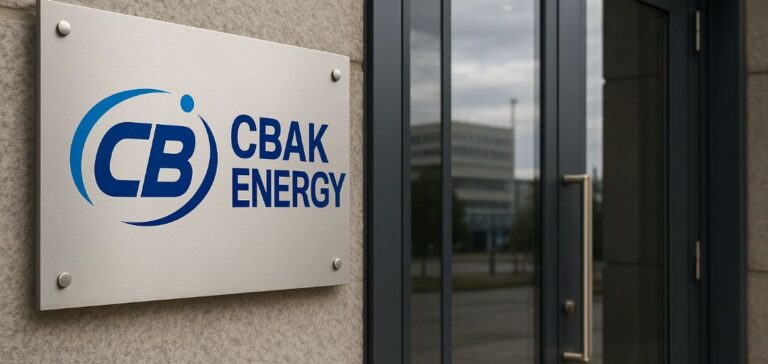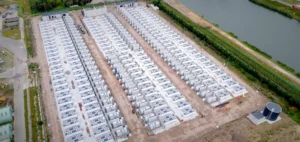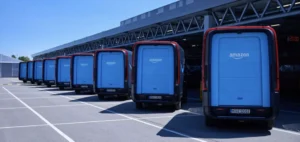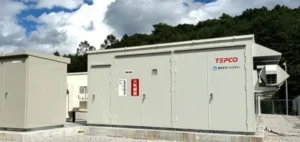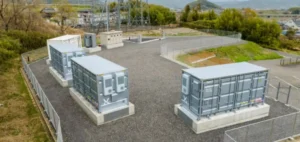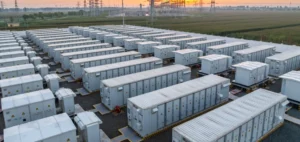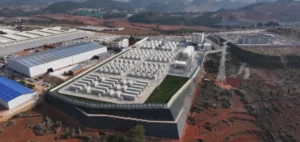Chinese manufacturer CBAK Energy Technology Inc. announced it has received a $11.6mn (approximately CNY84.2mn) order from the leading electric mobility player in Africa. The order was placed by a client operating a growing network of electric motorcycles and battery-swapping stations across the African continent.
The deal was concluded through its subsidiary Nanjing CBAK New Energy Technology Co., Ltd. and involves the supply of the Model 32140, a high-capacity lithium iron phosphate (LFP) cylindrical battery. This technology is designed for high-performance applications, particularly in the light mobility sector. CBAK Energy expects this partnership could result in additional orders totalling up to $55mn.
A partnership focused on emerging markets
The client company, unnamed in the official release, is described as the largest electric vehicle operator in Africa. The group has implemented a battery-swapping distribution model that bypasses local electric infrastructure limitations.
The batteries will be integrated into electric motorcycles engineered to suit road conditions across Africa. The client, claiming local production and fast distribution in multiple markets, is expanding a logistical and industrial network that presents a strategic opportunity for Asian component suppliers.
Commercial and logistical outlook
This transaction strengthens CBAK Energy’s presence outside Asia and aligns with a broader strategy to expand into developing economies. Zhiguang Hu, Chief Executive Officer of CBAK Energy, stated that the contract reflects growing international demand for reliable energy storage solutions.
“We are pleased to support this project, which allows us to reinforce our presence in regions where fast electrification is needed,” Mr Hu said in a statement issued on June 9. However, he did not disclose details on delivery schedules or the locations of future production units intended to fulfil these orders.


